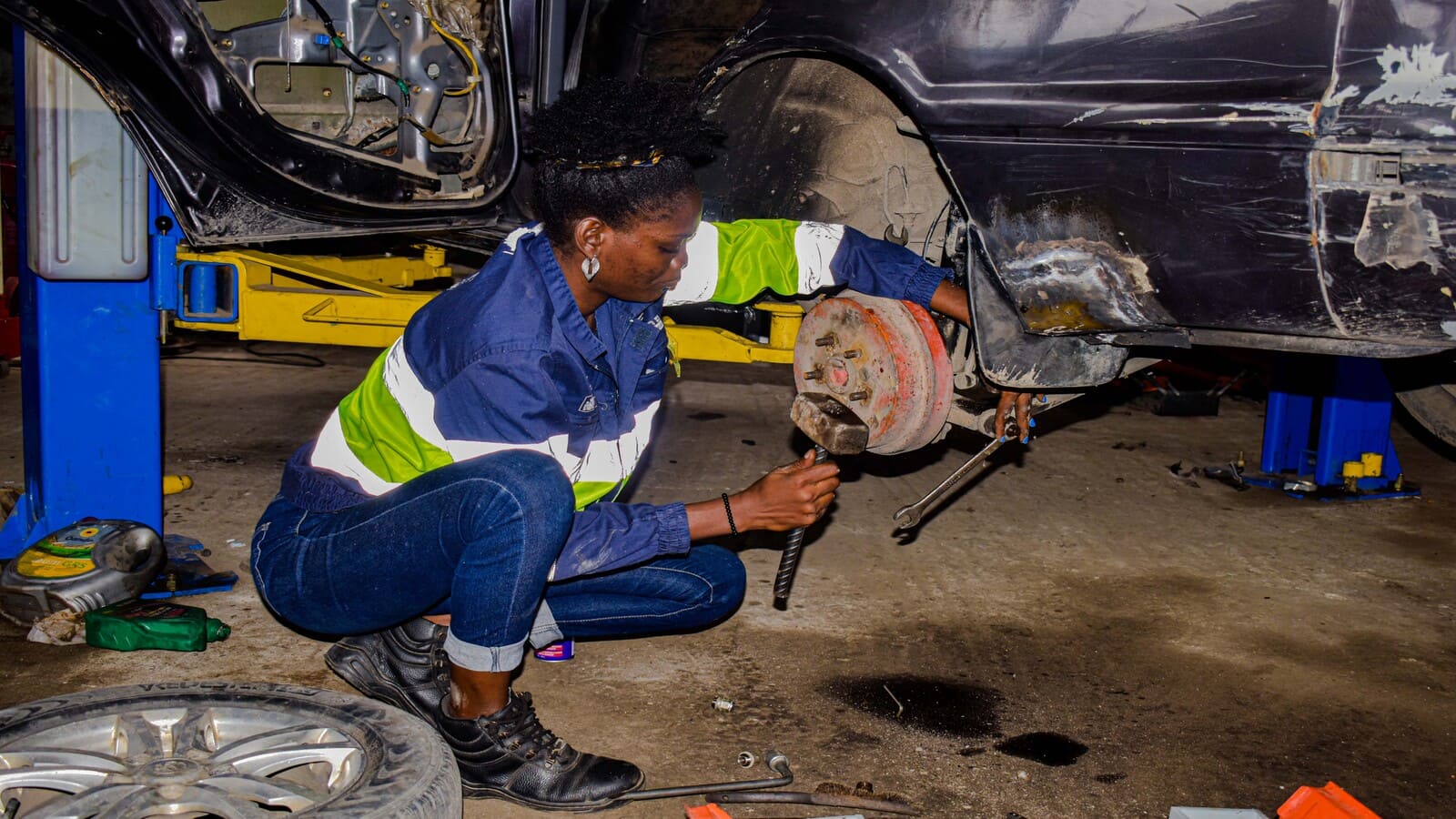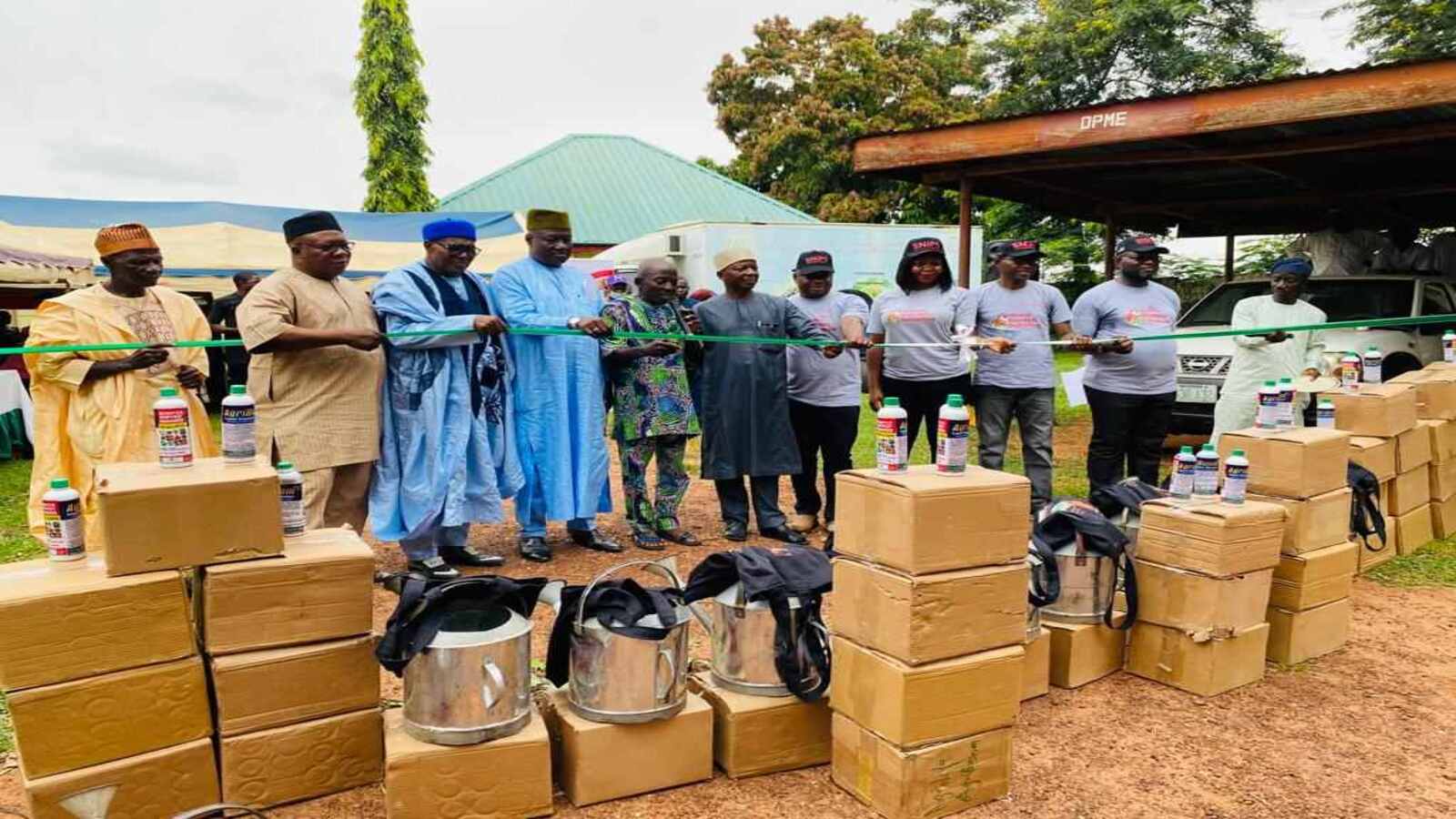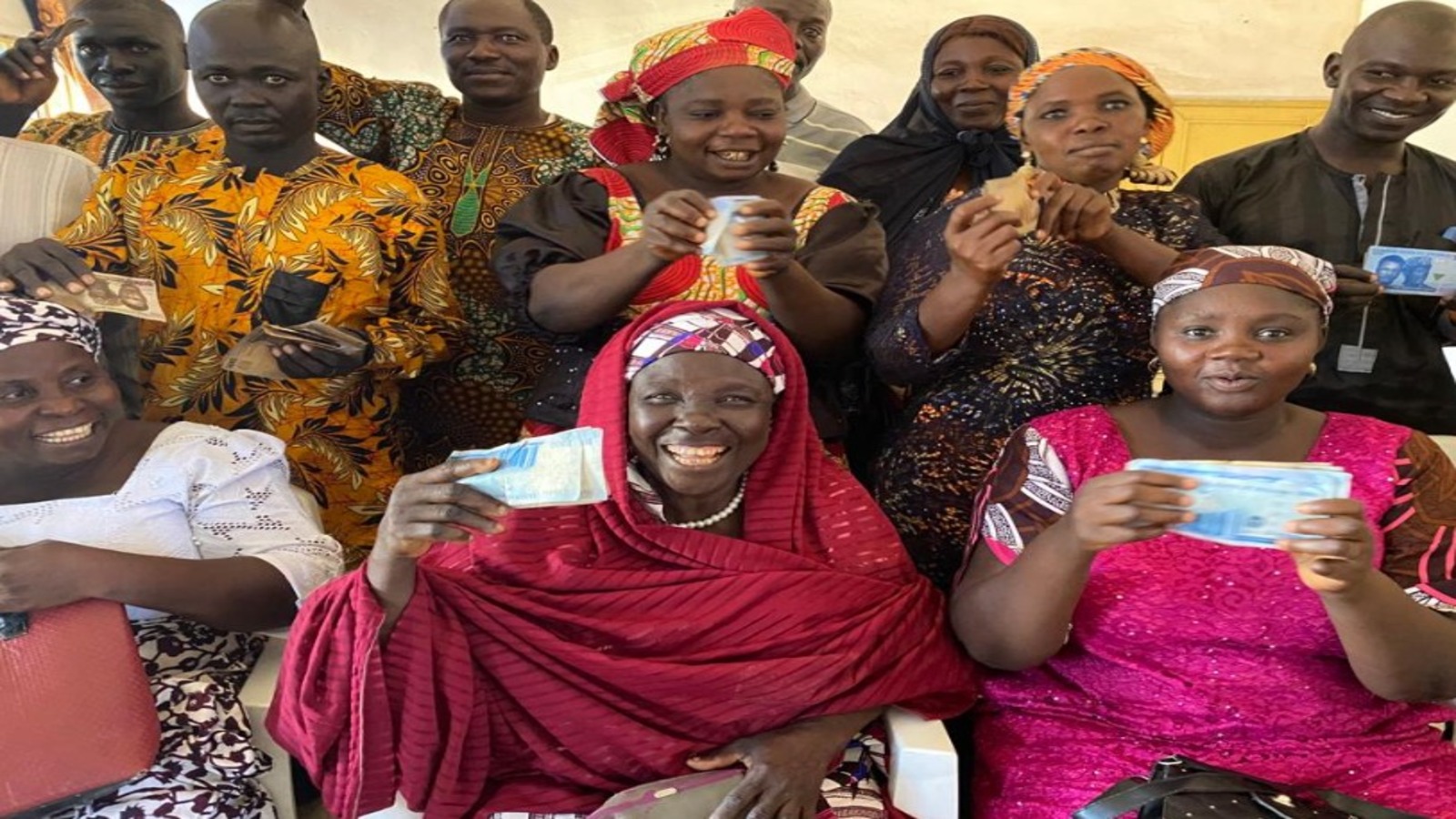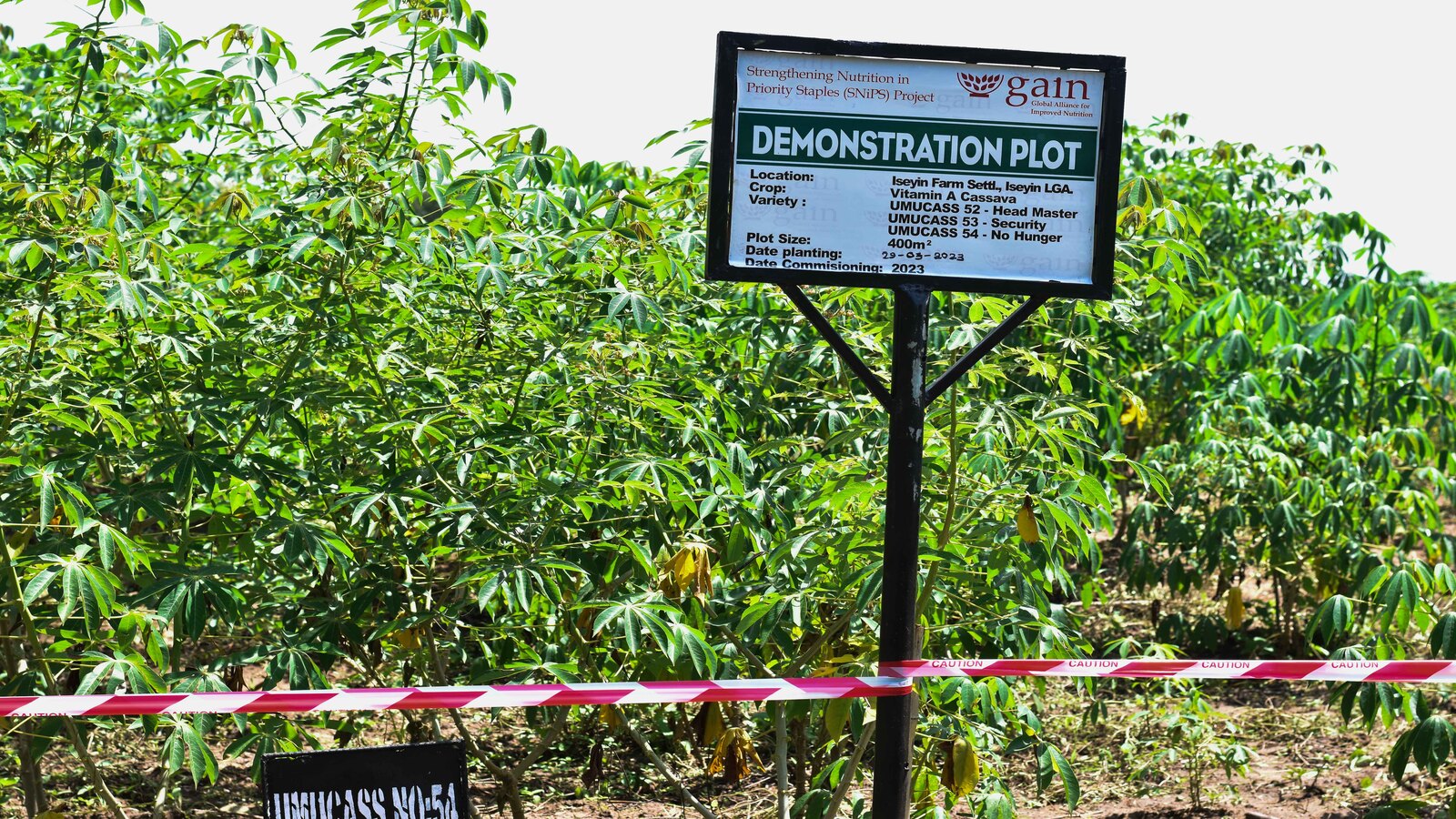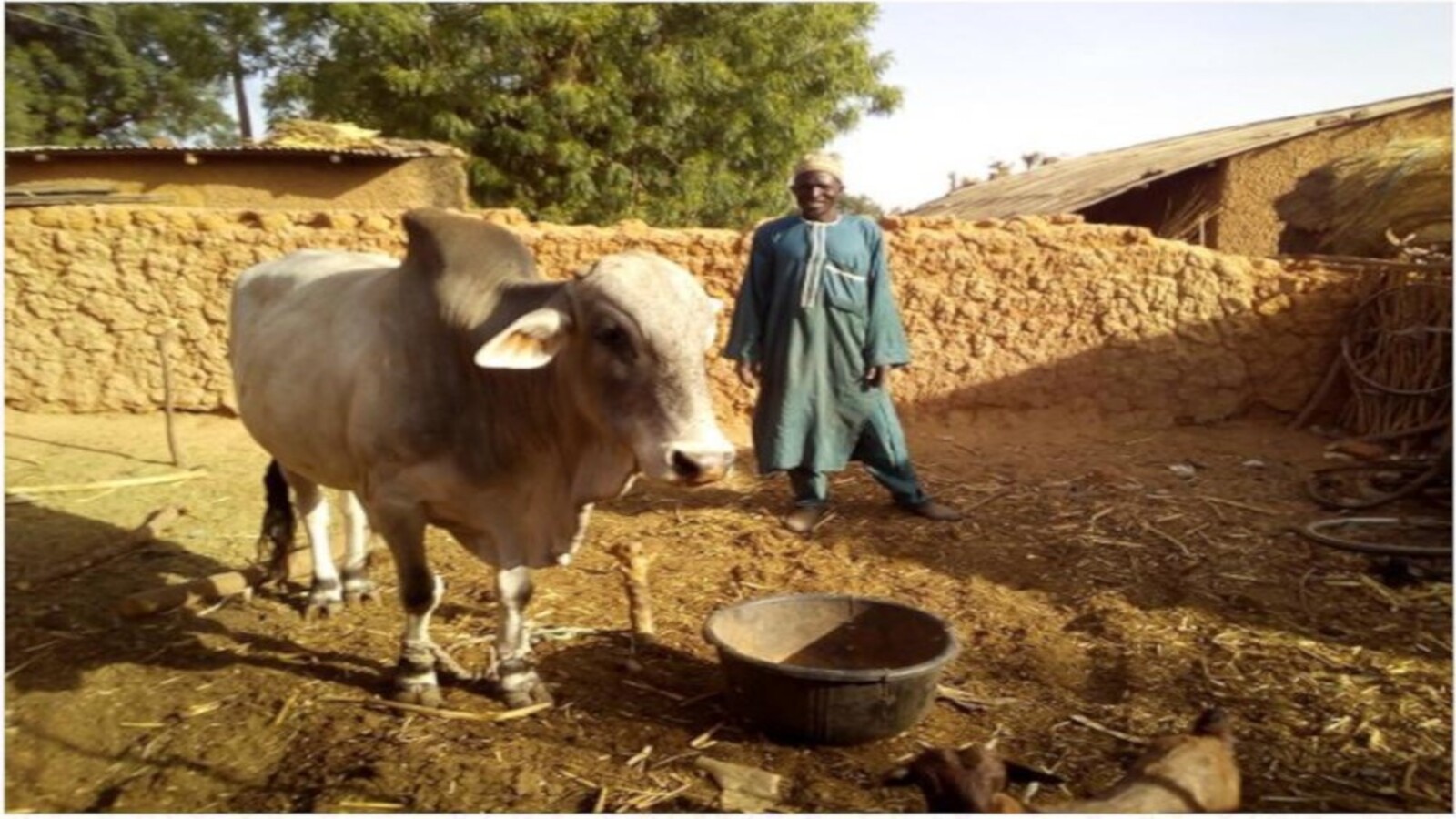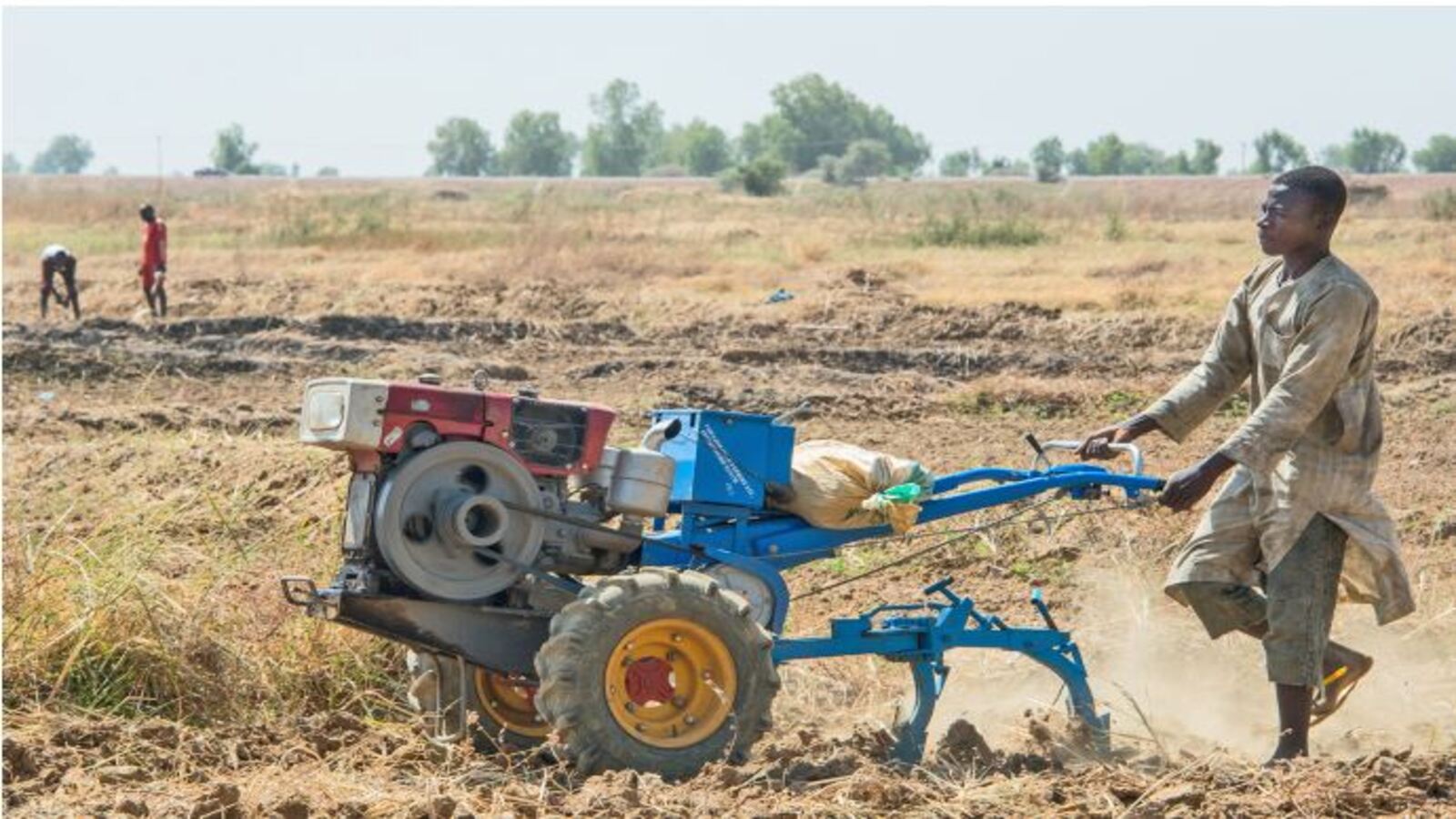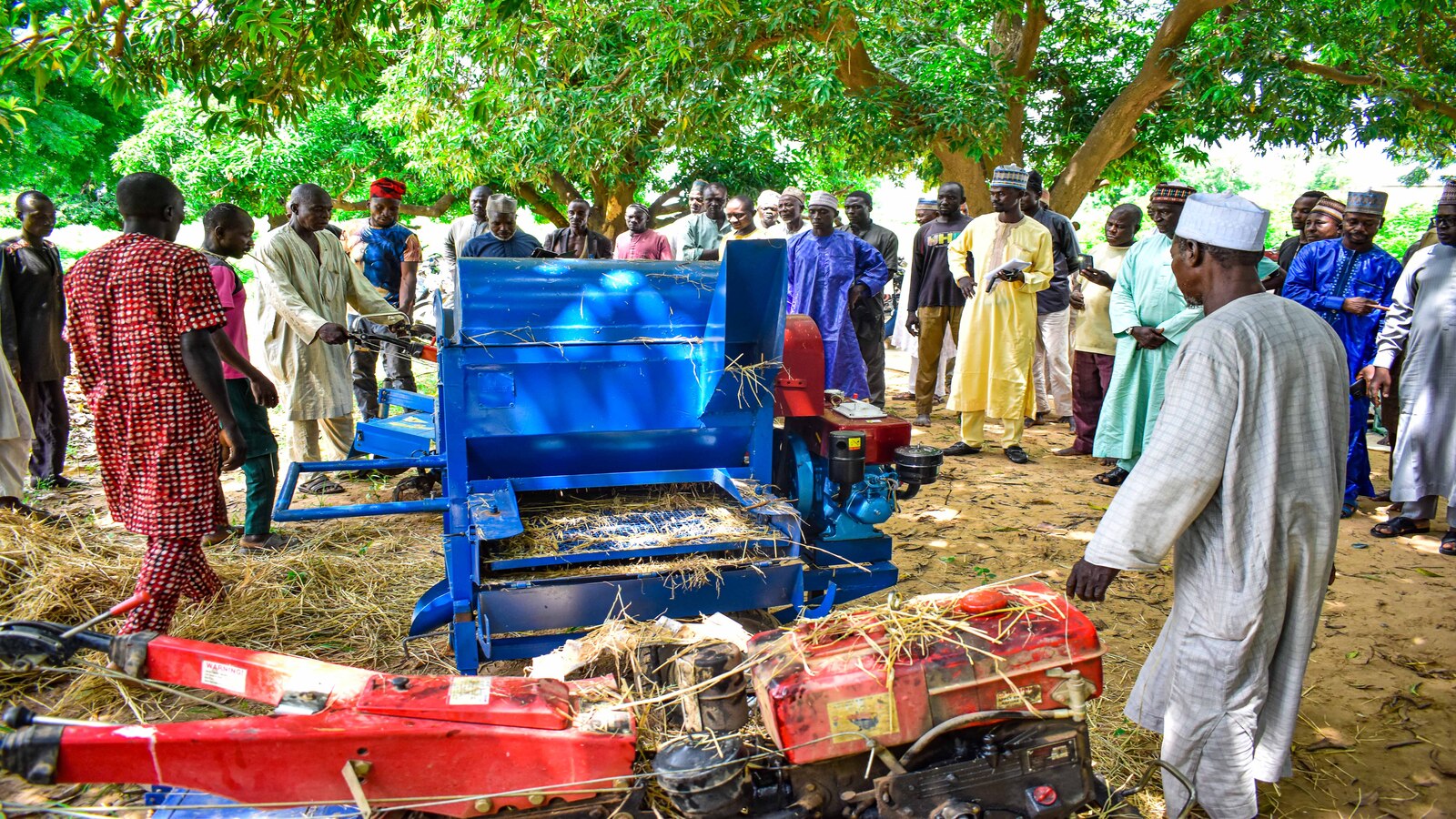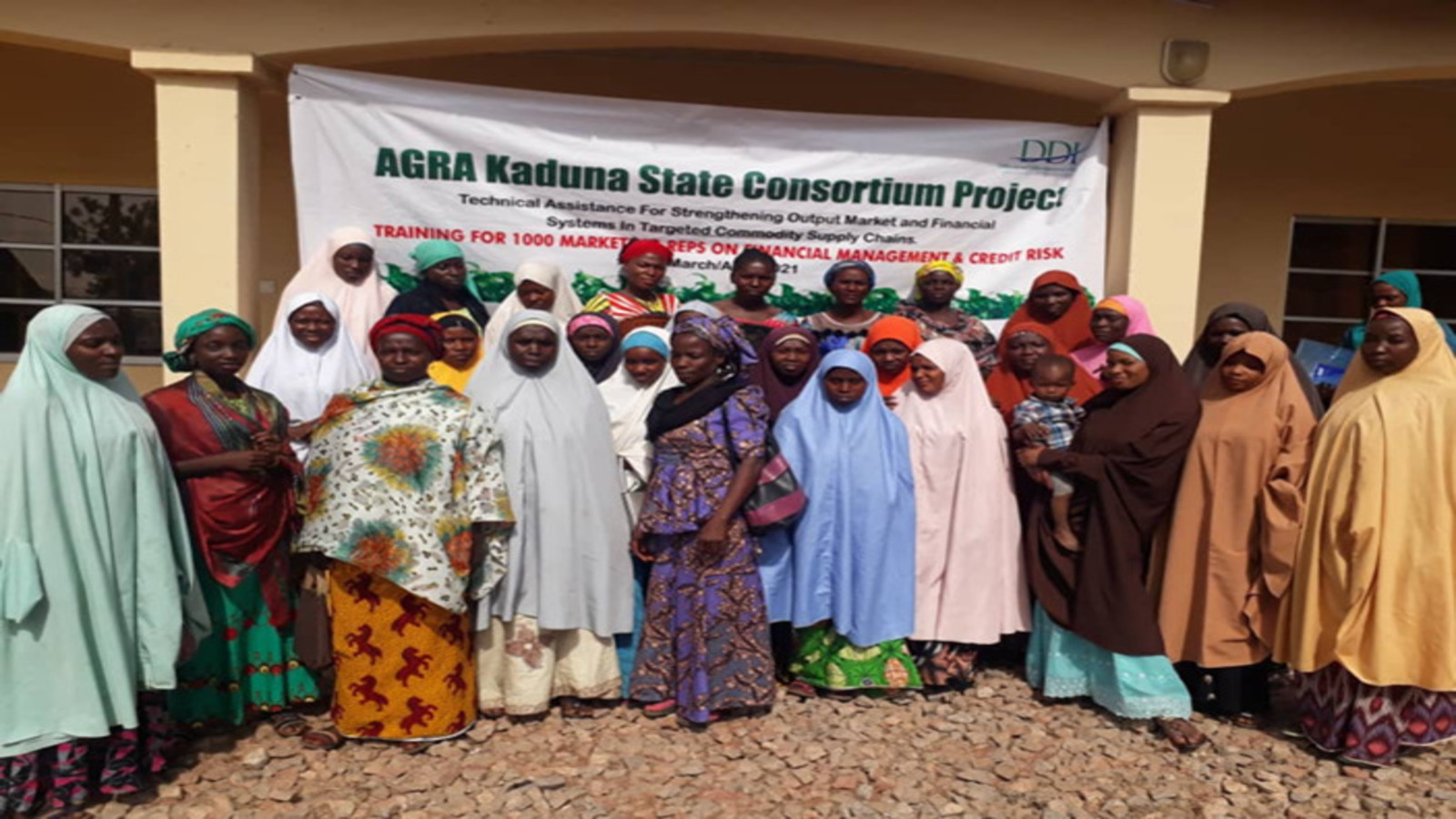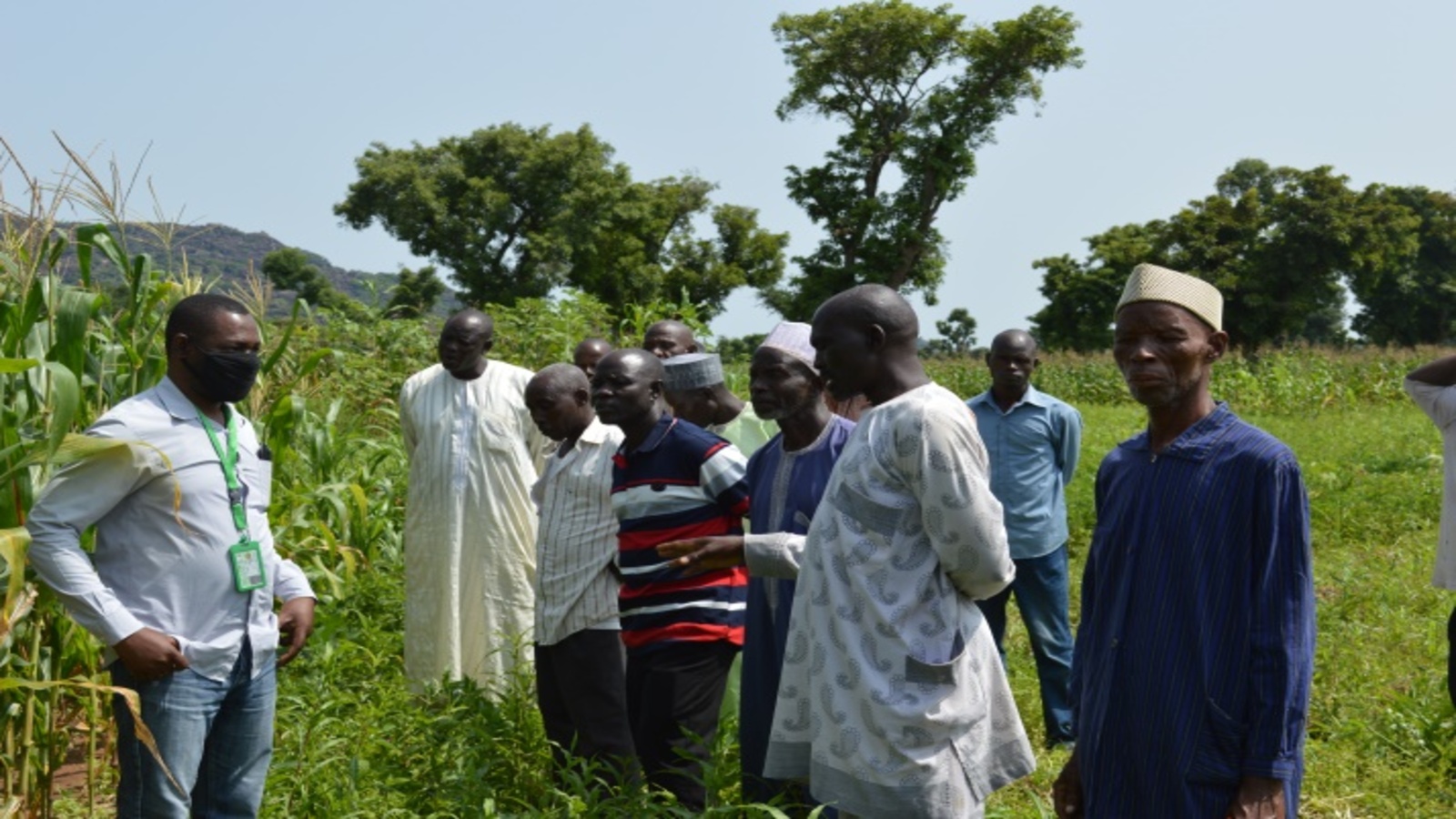The USADF Nigeria Program
The USADF Nigeria Program
The U.S. African Development Foundation (USADF) Nigerian Project began in 2001, and for over two decades, the USADF Nigerian Program has focused on supporting agricultural cooperatives in marginalized areas, provision of off-grid energy solutions in unserved communities, and youth employability and entrepreneurship, thereby creating pathways to prosperity.
USADF’s commitment to Nigeria has remained strong, leaving a legacy of transformational change. With a total grant commitment exceeding $44 million to its Nigeria program, Nigeria has been one of USADF’s largest country programs on the continent with over 480 projects executed since 2001. As of 2023, ongoing USADF projects in Nigeria include:
- The Kebbi State Program
- The Ekiti State Program
- Other Core Portfolio Projects
- Off-Grid Energy Projects
- The LSETF Program
- Academy of Women Entrepreneurship (AWE) Projects
- Special Projects
- Youth/YALI Projects
- African Resilience Initiative for Entrepreneurs (ARIE) Projects
- Tony Elumelu Foundation (TEF) Program
- U.S. Chamber of Commerce Program
- Builders of Africa’s Future Program
- Herbalife Food and Nutrition Stars (FAN) Program.
USADF has, in the past decade alone, invested over $19 million, positively impacting more than 617,000 individuals across the nation.
Partnerships
In Nigeria, USADF collaborates with sub-national rather than national governments. USADF has partnered with the states of Jigawa, Kano, Kaduna, Ekiti, Kebbi and Lagos. USADF has also partnered with the following corporations to implement programs in Nigeria: All On (an impact investing company with funding from Shell), General Electric (GE) and the Tony Elumelu Foundation (TEF).
USADF’s collaborations foster innovation and entrepreneurship, boosting local businesses, and agricultural enterprises, and providing sustainable energy to communities. Investments in women, youth, and MSMEs cultivate leadership and dreams for a brighter future.
Welcome to the journey of the United States African Development Foundation (USADF) Program in Nigeria. This journey is about touching lives, uplifting communities, and forging pathways to prosperity.
Portfolios of Progress
The USADF Nigerian Program encompasses several portfolios:
- The Agric/Core Portfolio: This focuses on agricultural value chain development and also supports for development of SMEs and Community-Based Organizations (CBOs).
- The Off-grid Energy Portfolio: This focuses on providing communities with sustainable energy solutions.
- The Entrepreneurship and Special Project Portfolios: These nurture innovation, aid SMEs, and foster entrepreneurial development.
- The Youth Employability Enhancement and Entrepreneurship Development Portfolio: This portfolio cultivates talent and promotes employability and entrepreneurship.
Through the Agric/Core Portfolio, USADF invested over $19 million to support about 150 cooperative societies, Community-Based Organizations and grassroots enterprises, benefiting thousands of smallholder farmers and community members across Nigeria. These beneficiaries have accessed services like agricultural training, marketing skills development, vocational training, and vital agricultural input support, enhancing agricultural productivity and income.
The Off-Grid Energy Portfolio has made a significant impact. With over $4 million investment by the USADF, more than 60 off-grid energy entrepreneurs have been supported to execute over 68 off-grid energy projects bringing energy access to the unserved and underserved. These off-grid energy entrepreneurs have scaled their operations, leading to more than 10,000 energy connections across 20+ Nigerian states, benefiting households and businesses.
With an investment of over $3 million, the Entrepreneurship and Special Project Portfolio has transformed the fortunes of thousands of SMEs, youth, and women entrepreneurs. These individuals have accessed crucial resources, mentorship, and funding, allowing them to grow their businesses and contribute to their communities.
With the Youth Employability and Entrepreneurship Enhancement Portfolio, USADF and the Lagos State Government through the Lagos State Employment Trust Fund (LSETF) have committed $10 million to a youth employability program in Lagos. Aiming to annually train 3,000 youths over a five-year period, the program has already seen impressive results by August 2023: 7,492 trained, 68% with paid internship experience, and 70% now employed or running their businesses, with 64% being female entrepreneurs, highlighting the project’s success in empowering the youth. Over $5 million has been funnelled into the Employability Program, alongside $1 million in annual matching funds for youth projects.
Success Stories from the USADF Nigerian Program
Through the Agric/Core Portfolio, USADF has not just been investing in projects but in people — real individuals, groups and communities whose lives have been transformed. The impact of USADF’s support also shines bright in the energy sector, showcasing how renewable energy initiatives can combat energy poverty and spur community growth.
The collaboration between USADF and the Lagos State Employment Trust Fund (LSETF) since 2019 has yielded remarkable success stories in youth employability and entrepreneurship in Lagos State.
The Special Project and Entrepreneurship Portfolios have nurtured innovation, supported SMEs, and advanced entrepreneurship development, fostering a dynamic ecosystem for sustainable growth and empowerment.
A Legacy of Hope and Opportunity
From the success stories and the impact of USADF’s initiatives, it is evident that the support from USADF has not only improved livelihoods but has also ignited hope and opportunities across Nigeria. USADF’s enduring legacy in Nigeria is one of collaboration, innovation, and empowerment.
Click here for inspiring success stories from the USADF Nigerian Program for the past two decades.
Click here for more DDI success stories
USADF’s Expansive Footprint and Reach in Nigeria
Specifically, USADF’s projects have spanned across 25 of Nigeria’s 36 states, including the Federal Capital Territory (FCT), Abuja. For over two decades, the foundation, through its unwavering dedication and strategic partnerships, has played a pivotal role in Nigeria’s journey towards sustainable growth. The projects highlighted here are merely a glimpse into the vast impact USADF has had across the nation, underscoring the depth and breadth of their influence. For more on DDI’s geographical footprints, CLICK HERE

